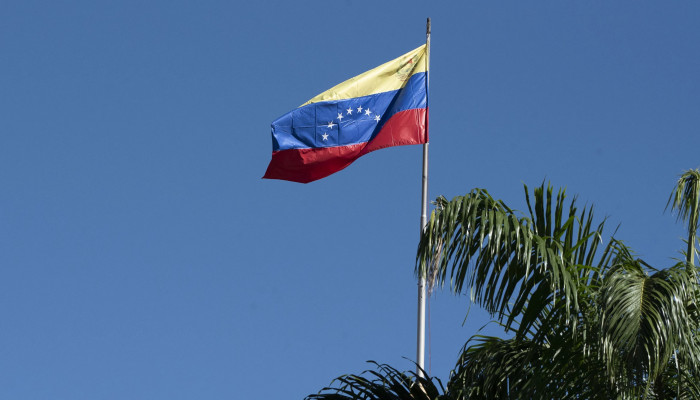US denies CIA involvement in alleged plot to assassinate Venezuela's Nicolás Maduro
- In Reports
- 02:26 PM, Sep 16, 2024
- Myind Staff
The US State Department has denied claims of CIA involvement in an alleged plot to assassinate Venezuela’s President Nicolás Maduro. The denial follows accusations by Venezuelan authorities, who reported the arrest of six foreigners, including a US Navy SEAL, in connection with the plot. In a statement, the State Department called the allegations “categorically false” and reiterated that the US supports a democratic solution to Venezuela’s political crisis.
Venezuela’s Interior Minister, Diosdado Cabello, accused the CIA of orchestrating the operation to “destabilize” the country and assassinate Maduro. He identified the leader of the operation as Wilbert Castañeda, a purported Navy SEAL, and named two other detained Americans, David Estrella and Aaron Barrett Logan. Cabello claimed that the plot also involved Spain’s National Intelligence Centre.
According to Venezuelan authorities, two Spanish citizens—José María Basoa Valdovinos and Andrés Martínez Adasme—and a Czech citizen, Jan Darmovzal, were also arrested. Cabello stated that authorities had seized 400 US rifles linked to the alleged conspiracy, which he claimed aimed to kill Maduro and other top officials.
The US State Department confirmed that a US military member had been detained in Venezuela, and acknowledged reports of two additional US citizens being held. The department is seeking more information on the situation. In a related development, Spain’s foreign ministry has requested access to the detained Spanish citizens to verify their identities and learn the exact charges against them.
The Czech Republic's Ministry of Foreign Affairs also confirmed the detention of a Czech citizen in Venezuela and said the Czech embassy in Bogotá is in contact with the detainee's family, as the country does not have an embassy in Venezuela.
These allegations come amidst ongoing political turmoil in Venezuela following the disputed July presidential election, in which Maduro claimed victory for a third term. The National Electoral Council of Venezuela (CNE) declared Maduro the winner but has yet to release detailed vote data, fuelling scepticism from international observers and the opposition.
Venezuela’s opposition leader, Edmundo Gonzalez, and his coalition have accused Maduro of rigging the election, citing vote tally sheets suggesting Maduro lost by a significant margin. While the US has acknowledged Gonzalez as the candidate with the most votes, it has not formally recognized him as president-elect.
The European Union has also raised concerns about the election’s legitimacy. EU foreign policy chief Josep Borrell described the election as "undemocratic" and labelled the Maduro government as "dictatorial and authoritarian."
Meanwhile, Gonzalez fled Venezuela to Spain last week after an arrest warrant was issued against him, accusing him of terrorism and conspiracy. In response, the US imposed sanctions on Venezuelan officials aligned with Maduro for obstructing the election process. The US also seized a Venezuelan plane used by Maduro in the Dominican Republic, and another linked to him is under 24-hour surveillance.
Inside Venezuela, the Maduro government has intensified its crackdown on dissent, with Human Rights Watch reporting that approximately 2,400 people have been arrested, while protests are being violently suppressed, prompting many Venezuelans to flee the country.
Image source: CNN World







Comments